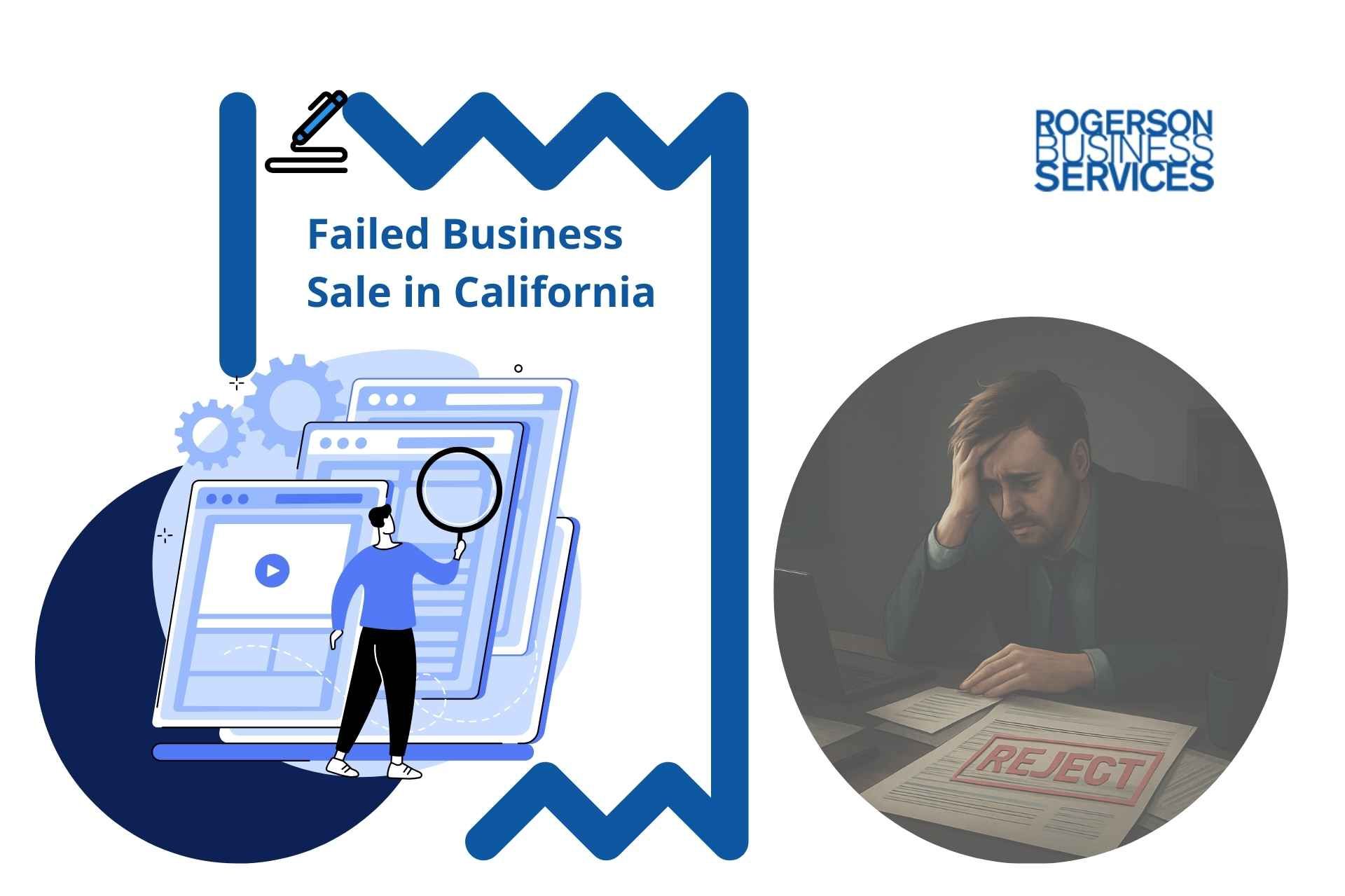How Many Times Profit is a Business Worth?
How Many Times Profit Is a Business Worth?
Uncover the mystery of valuation multiples and learn how many times profit your business might be worth. This guide explores industry averages, influencing business valuation factors, and how to estimate your company's value.
In the world of business valuation, one of the most important metrics is the valuation multiple. This number represents how many times a company's profit (usually EBITDA) is worth.
For example, if a company has an EBITDA of $1 million and a valuation multiple of 5, it would be valued at $5 million.
Learn more by going to this quick guide
about
what multiple is your business worth!

Here are 5 main takeaways from "How Many Times Profit Is a Business Worth?"
- The Multiple Multiplier: Discover the power of valuation multiples and how they can unlock the hidden value of your business.
- Industry Insights: Learn how your industry plays a crucial role in determining your company's multiple and what factors influence those benchmarks.
- Beyond the Bottom Line: Profit is essential, but it's not the only factor. We'll explore how growth potential, customer base, and other key elements can boost your multiple.
- Comparing Apples to Apples: Understand the importance of finding comparable companies and how they help pinpoint a realistic multiple for your business.
- Expert Tips for Maximum Value: Gain valuable insights from seasoned professionals and learn how to strategically position your business to command a premium multiple.
Further Reading...
Valuation multiples vary depending on many factors, including:
- Industry: Different industries have different average valuation multiples. For example, technology companies typically have higher multiples than manufacturing companies.
- Company size: Smaller companies generally have lower valuation multiples than larger companies.
- Company growth: Companies with high growth potential tend to have higher valuation multiples.
- Company risk: Companies with higher risk profiles have lower valuation multiples.
How to Calculate a Valuation Multiple
To calculate a valuation multiple, you will need to know the company's EBITDA and value. The EBITDA can be found on the company's income statement. The company's value can be determined through various methods, such as the market approach, the income approach, or the asset approach.
Once you have the EBITDA and the value, you can simply divide the value by the EBITDA to get the valuation multiple. For example, if a company has an EBITDA of $1 million and a value of $5 million, its valuation multiple would be 5.
What Does a Valuation Multiple Tell You?
A valuation multiple can be a useful tool for comparing different businesses. If two companies have similar EBITDA but different valuation multiples, the company with the higher multiple is considered to be more valuable.
Valuation multiples can also be used to estimate the value of a business. If you know a company's EBITDA and the average valuation multiple for its industry, you can multiply those two numbers to get an estimate of the company's value.
It is important to note that valuation multiples are just one factor to consider when valuing a business. Other factors, such as the company's financial health, its competitive landscape, and its management team, should also be taken into account.
Pro Tips for Using Valuation Multiples
Remember, valuation multiples are powerful tools, but they're not foolproof. Here's how to use them wisely:
Compare Apples to Apples
- Industry Specificity is Key: Don't just grab any old multiple you find online. Make sure you're looking at multiples specific to your industry and the California market. Tech companies in Silicon Valley will have different multiples than service businesses in Orange County.
- Size Matters: Compare your business to companies of similar size and revenue range. A small mom-and-pop shop shouldn't be compared to a lower middle market business with annual revenues between $2 million to $50 million.
Consider the Future, Not Just the Past
- Growth Potential: If your business is on a rocketship trajectory, don't undervalue it based on past performance. Factor in your growth projections and the potential for future earnings.
- Market Trends: Is your industry hot right now? Are investors clamoring for businesses like yours? These trends can push multiples higher, so stay informed.
Don't Forget the "Soft" Stuff
- Management Team: A strong, experienced team can add a premium to your multiple. Highlight your key players and their contributions.
- Brand Value: In California, brand reputation is HUGE. If you've built a strong brand, make sure that's reflected in your valuation.
- Customer Loyalty: Recurring revenue and low customer churn are attractive to buyers. Quantify the value of your customer relationships.
Beware of Outliers
- Not all multiples are created equal: Be wary of extremely high or low multiples that seem out of sync with the market. There might be unique circumstances at play.
- The California Premium: Some California markets, like Managed Service Providers in Silicon Valley, tend to have higher multiples overall. Don't get discouraged if your multiple seems lower than the national average.
Get a Second Opinion
- A professional's perspective: Even if you're comfortable crunching numbers, it's always a good idea to get a professional valuation. An experienced advisor can help you navigate the complexities of the market and ensure you're getting a fair assessment.
Remember, valuation multiples are just one piece of the puzzle. Use them as a starting point, but don't rely on them exclusively.
The true value of your California business is a combination of its financial performance, market position, and intangible assets.
Ready to take the next step? If you're looking for a deeper dive into business valuation, check out our comprehensive guide on How Much Can I Sell My Business For? It's packed with insights, real-world examples, and expert advice to help you navigate the complexities of the California market.
The Bottom Line
Valuation multiples aren't just numbers on a spreadsheet; they're a reflection of your company's potential, its position in the market, and the confidence investors and buyers have in its future.
Fun Fact: Did you know that the highest recorded valuation multiple for a publicly traded company was over 100x earnings? While that's an extreme outlier, it highlights the incredible value that a truly exceptional business can command.
My Advice: Don't underestimate the power of understanding your business's multiple. It's not just about selling your company for a good price – it's about unlocking opportunities for growth, attracting investors, and making informed strategic decisions.
If you're ready to take the next step and gain a deeper understanding of your company's worth, I encourage you to explore our comprehensive guide on business valuation methods. It's packed with insights, real-world examples, and expert advice to help you navigate the complexities of the California market.
Remember, knowledge is power, and when it comes to your business's value, it's worth its weight in gold.
Ready to know what your business is worth?
Get started by filling out the below form -> no strings attached!
Hey there! Can we send you a gift?
We just wanted to say hi and thanks for stopping by our little corner of the web. :) we'd love to offer you a cup of coffee/tea, but, alas, this is the Internet.
However, we think you'll love our email newsletter about building value and properly position your company before transition/exit your business ownership.
As a special welcome gift for subscribing, you'll also get our helping and educational guides, tips, tutorials, etc.. for free.
It's filled with the best practices for retiring serial business owners like Dan Gilbert, Larry Ellison, Warren Buffett, and many more.
Just sign up for our emails below.




